
Resigned APC National Chairman Dr Ganduje
By AMINU GARKO (NAN)
In a surprise move on Friday, the national chairman of the All Progressives Congress (APC), Dr Abdullahi Ganduje, stepped down from his exalted position citing health reasons. But observers of developments within the party say it goes beyond that.
APC party emerged from the merger of Action Congress of Nigeria (CAN) and Congress for Progressive Change (CPC) in addition to some members of the then ruling Peoples Democratic Party (PDP) who preferred to call themselves New PDP.
It swept to power at the Federal level in 2015 led by Muhammadu Buhari who was not only elected president but also became a symbol of the party because of his tough stance on integrity and anti-corruption.
Ganduje, a former governor of north-western Kano State, emerged the national chairman under controversial circumstances following the sack of Alhaji Abdullahi Adamu a former governor of Nasarawa State in the north-central part of the country.
In spite of the controversy surrounding his emergence as the national chairman on August 3, 2023, Ganduje galvanized the party and healed the 2023 post-presidential election wounds.
For a party built on integrity and fair play, north-central members of APC had consistently seen the emergence of Ganduje as usurpation of their prime space within the APC hierarchy. Their push for the restoration of that position has been hard. The odds favour north-central this time around.
Zoning Consensus Favors North-Central
Political analysts say Ganduje’s resignation, long speculated and now confirmed, is seen as part of a broader realignments within the APC leadership, as the party prepares for internal reforms and begins early groundwork for the 2027 general elections.
They say ahead of the general elections APC may benefit from his sportsmanship display in two key areas.
One is winning back the disgruntled north-central bloc which had hitherto felt short-changed as well as having some implications for the much speculated decamping into the party of Musa Kwankwaso, the strong man of Kano politics.
This sudden resignation has set off a fresh wave of political consultations and pamultations, among some leading political actors in the north-central zone with Sen. Tanko Al-Makura and Sen. Mohammed Musa—as possible successors to Ganduje.
While Al-Makura is from Nasarawa, same state as Adamu, Ganduje’s predecessor and also a former governor like the duo, Musa is from Niger, his state has not tested the position.
As the APC looks to maintain internal balance, sticking to its zoning formula has emerged as a key determinant in the succession process.
With President Bola Ahmed Tinubu from the South-West and Senate President Godswill Akpabio from the South-South, party leaders have resolved that the national chairmanship should remain in the North-Central geopolitical zone.
This has placed Al-Makura and Musa in pole position because of the widely recognised influence and respect they command within the party.
Al-Makura: APC Loyalist, Political Stabiliser
A founding member of the APC and former governor of Nasarawa State, Al-Makura is regarded as a party loyalist with a calm and deliberate leadership style.
He was a key player in the CPC bloc during the 2013 merger that birthed the APC and is widely viewed as a bridge between the party’s legacy factions.
“Al-Makura is steady, grounded, and understands the dynamics of the party. He is a unifying figure at a time when the APC needs stability more than anything,” said Alhaji Idris Mohammed, a chieftain of the party.
He said Al-Makura’s leadership skills had been tested in Nasarawa where he performed creditably as governor.
Musa: Reluctant Reformer
Meanwhile, Musa, who represents Niger East in the Senate, is said to be under pressure to throw his hat into the ring.
His good performance as the chairman of the Senate Committee on Finance and excellent working relationship with the party leadership, including the Senate President, Godswill Akpabio is said to be an added advantage for him.
He is said to be a reformer with strong technocratic credentials. His age, innovative and administrative style make him a popular choice among the party’s younger members and progressive wing.
However, Sani Musa is said to be reluctant to accept the chairmanship, preferring to focus on his work in the Senate.
Nevertheless, pressure is said to be mounting from powerful party loyalists who believe his leadership could inject new energy and credibility into the APC.
“His hesitation is understandable—he’s focused on major legislative reforms. But there is growing consensus that the party needs someone with his profile to reposition itself for the future,” said Umaru Kolo, an APC chieftain.
There may also be the incumbency factor for Ali Dalori, who tentatively replaced Ganduje, but analysts say his chances are slim given the need to respect the zoning arrangement professed by the party.
Dalori is from Borno, same state as the incumbent vice-president, Kashim Shettima.
NEC Meeting Expected Soon
An emergency meeting of the APC National Executive Committee (NEC) is expected in the coming days, where an interim arrangement may be announced before a substantive chairman is either ratified or elected at a national convention.
Party insiders say consultations are ongoing and may yield a consensus candidate to avoid divisive contests.
As the APC navigates yet another leadership transition, all eyes remain on the north-central zone—home to both front-runners—and how the ruling party manages its next phase amid rising political expectations and internal recalibrations will be key to its future electoral fortunes. (NAN)

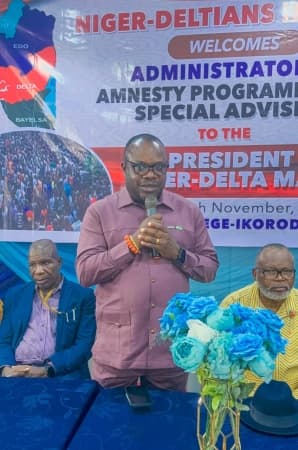

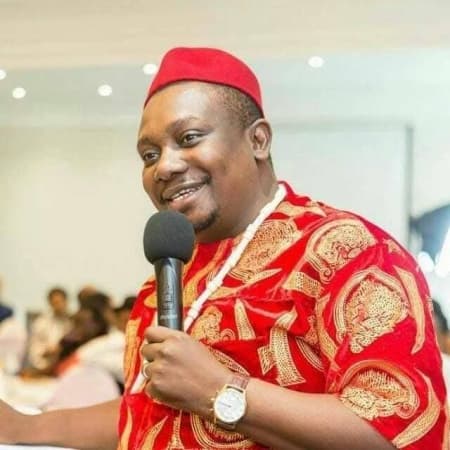
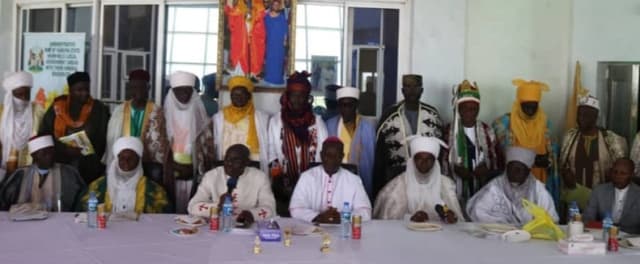
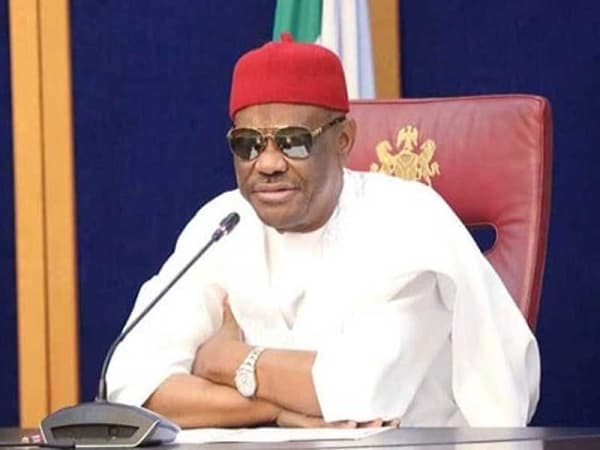


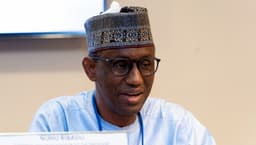
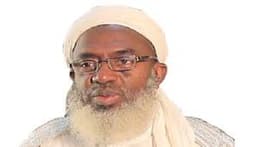
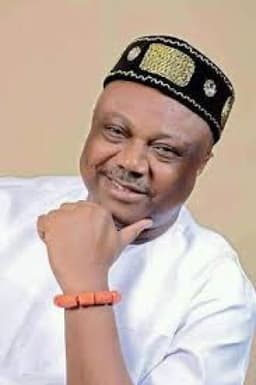
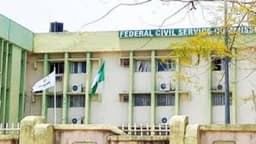

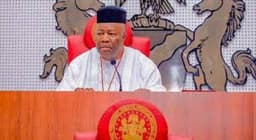
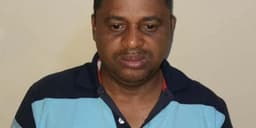
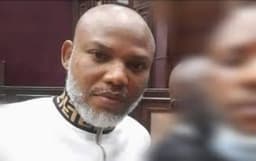
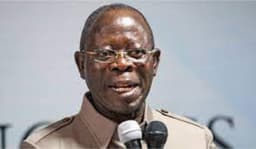
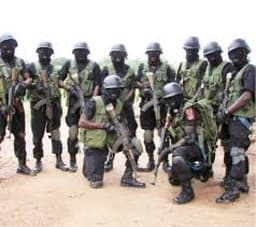
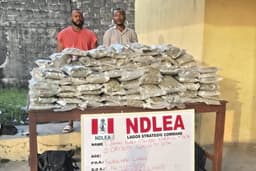
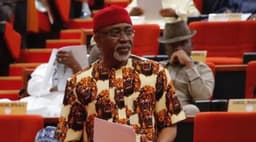
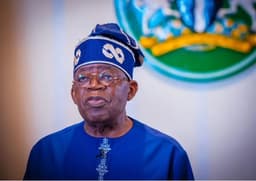
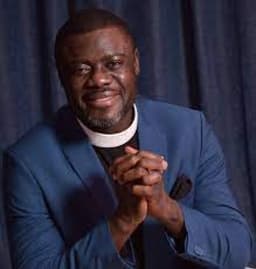
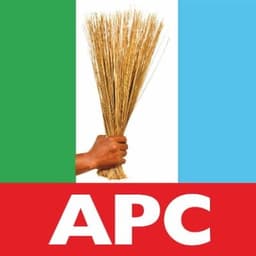
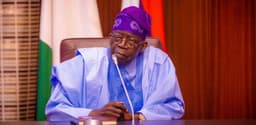
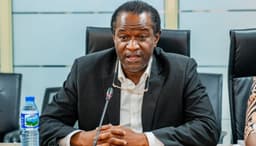
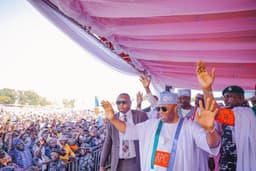

NEWS EXPRESS is Nigeria’s leading online newspaper. Published by Africa’s international award-winning journalist, Mr. Isaac Umunna, NEWS EXPRESS is Nigeria’s first truly professional online daily newspaper. It is published from Lagos, Nigeria’s economic and media hub, and has a provision for occasional special print editions. Thanks to our vast network of sources and dedicated team of professional journalists and contributors spread across Nigeria and overseas, NEWS EXPRESS has become synonymous with newsbreaks and exclusive stories from around the world.